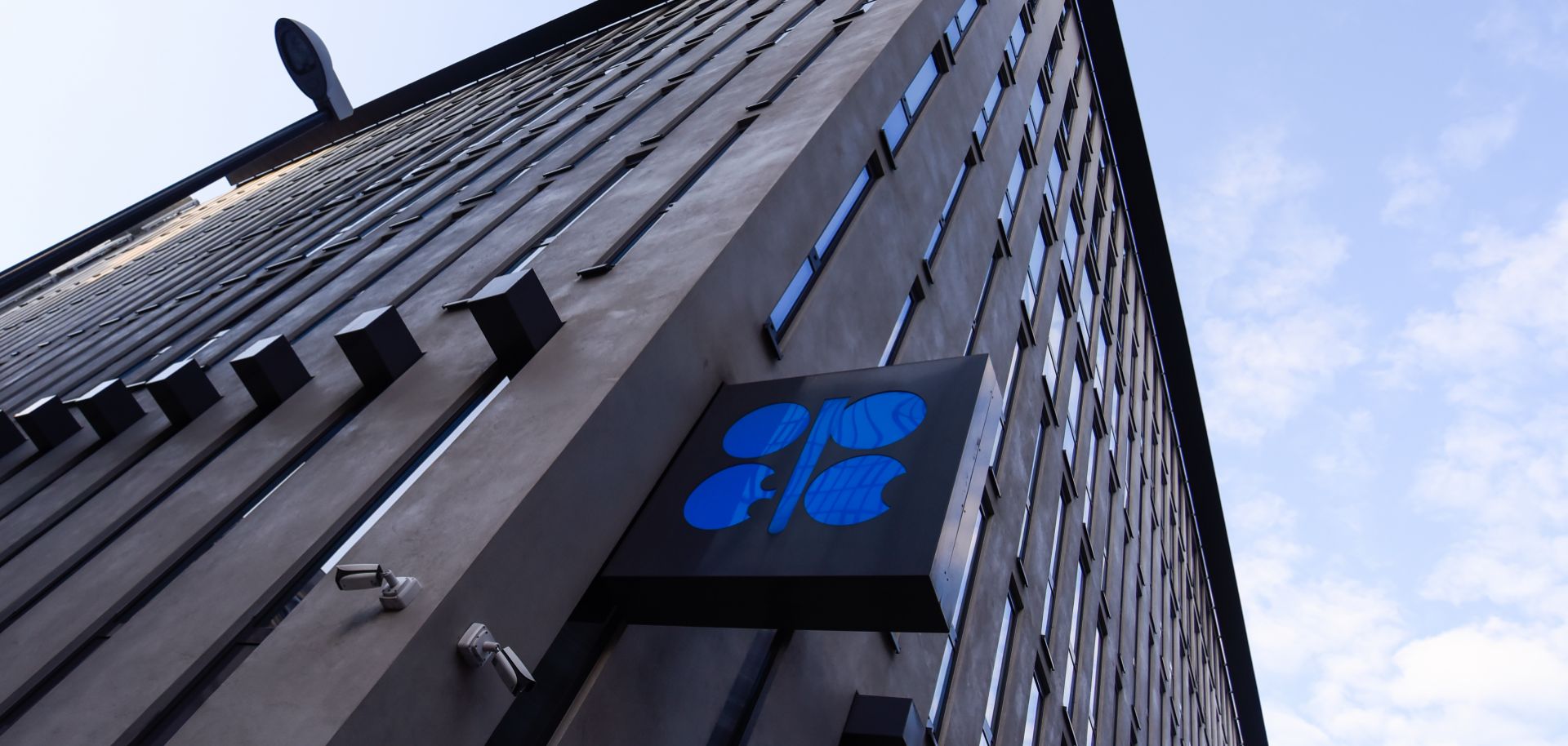ASSESSMENTS
It Will Take More Than the Soleimani Crisis to Cause Lasting Oil Price Spikes

Jan 17, 2020 | 09:30 GMT

OPEC's logo is seen at the organization's headquarters on Sept. 26, 2019. The killing of Qassem Soleimani didn't especially hit oil prices, but unresolved U.S.-Iranian tensions could.
(OMAR MARQUES/SOPA Images/LightRocket via Getty Images)
Highlights
- Crude oil is now trading below the price it held immediately before the Jan. 3 U.S. strike on Islamic Revolutionary Guard Corps Maj. Gen. Qassem Soleimani, highlighting a structural shift in how the oil market reacts to political risks.
- Much of the rise in prices since early last month has stemmed from a U.S.-Chinese trade deal and the surprise announcement of OPEC+ production cuts, though OPEC+ will struggle to actually make these cuts happen.
- Long-term U.S.-Iranian tensions, however, could result in uncontrolled escalation, which would cause a massive shift in prices in the event of a major, lasting disruption to oil production in the region.
Subscribe Now
SubscribeAlready have an account?
